Gulenist steals millions of dollars from US Department of Defense
A Turkish-American car dealer with close links to a movement led by US-based opposition cleric Fethullah Gulen, who the Ankara government accuses of having masterminded the failed July 2016 coup attempt against Turkish President Recep Tayyip Erdogan, has reportedly defrauded the Pentagon of millions of dollars.
US Attorney Craig Carpenito said Hurriyet Arslan, a resident of Willingboro and native of Turkey, conspired with Turkish nationals in 2018 to steal money from a Defense Department contract worth $23.5 million for aviation turbine fuel to be supplied to troops operating in Southeast Asia.
FETO cult member defrauds US army of more than $23M https://t.co/3R5inutXhf pic.twitter.com/GOoXBFUCdy
— ANADOLU AGENCY (ENG) (@anadoluagency) January 16, 2020
According to a written statement by the US Justice Department, Arslan opened a shell company based in New Jersey, with a mobile phone number and bank account.
According to the statement, the conspirators used the login credentials of a person in contact with Arslan and working in the company to access its government account and changed the bank account information to reflect a bank account controlled by the Turkish-American car dealer.
The conspirator in California later contacted the Pentagon and confirmed that Arslan had been fraudulently receiving contract funding, and the corporation's payment method had been changed to the Deal Automotive Sales bank account.
He pleaded guilty to charges of one count of conspiracy to commit mail, wire and bank fraud, one count of bank fraud and one count of money laundering.
The 49-year-old man faces a 30-year prison term, and a fine up to $1 million or twice the gross profits received or gross loss from the offense when he stands trial on April 13.
During the 2016 botched putsch, a faction of the Turkish military declared that it had seized control of the country and the government of Erdogan was no more in charge. The attempt was, however, suppressed a few hours later.
Ankara has since accused US-based opposition cleric Fethullah Gulen of having orchestrated the coup. The opposition figure is also accused of being behind a long-running campaign to topple the government via infiltrating the country’s institutions, particularly the army, police and the judiciary.
Gulen has denounced the “despicable putsch” and reiterated that he had no role in it.
“Accusations against me related to the coup attempt are baseless and politically-motivated slanders,” he said in a statement.
The 78-year-old cleric has also called on Ankara to end its “witch hunt” of his followers, a move he says is aimed at “weeding out anyone it deems disloyal to President Erdogan and his regime.”
Turkish officials have frequently called on their US counterparts to extradite Gulen, but their demands have not been taken heed of.
Turkey ended the nationwide state of emergency, imposed since the coup, in July last year, after seven three-month renewals.
Tens of thousands of people have been arrested in Turkey on suspicion of having links to Gulen and the failed coup. Many more, including military staff, civil servants and journalists, have been sacked or suspended from work over the same accusations.
The international community and rights groups have been highly critical of the Turkish president over the massive dismissals and the crackdown.
VIDEO | Displaced Palestinians seek fragile alternatives to support their tents
VIDEO | Press TV's news headlines
VIDEO | Iran marks Intl. Anti-Corruption Day with summit on transparent governance
VIDEO | Ethiopia holds ceremony to mark Intl. Day of Solidarity with Palestinians
VIDEO | Pakistan voices outrage against Israel on Genocide Prevention Day
Iran urges decisive global action to end Israeli genocide, honor victims
US envoy says ‘benevolent monarchies’ have proven most effective in West Asia governance
VIDEO | Golestan: Iran's dreamlike garden






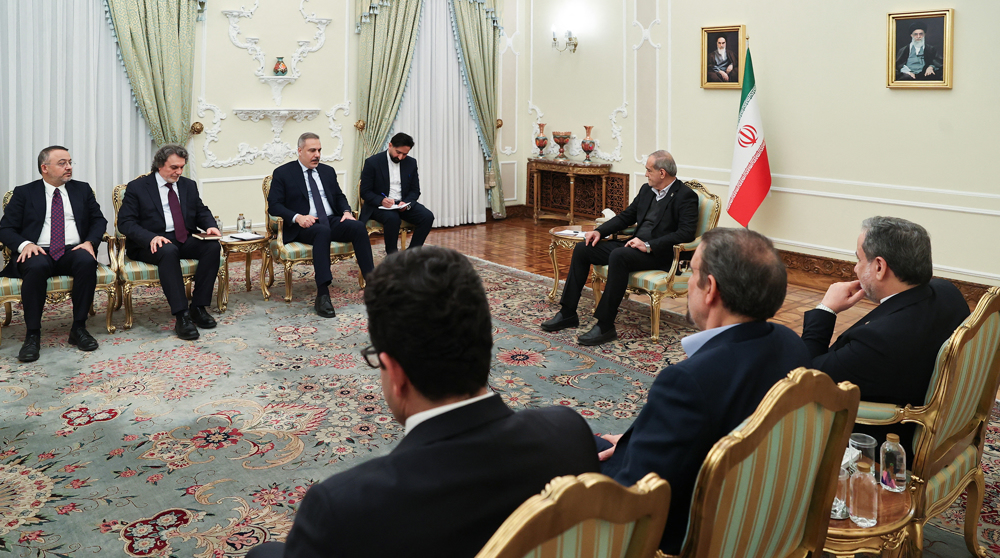





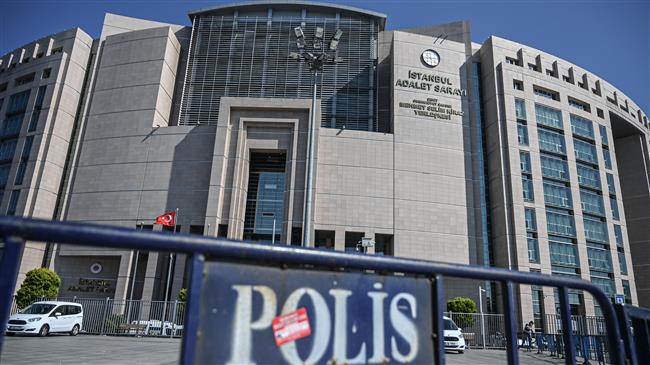
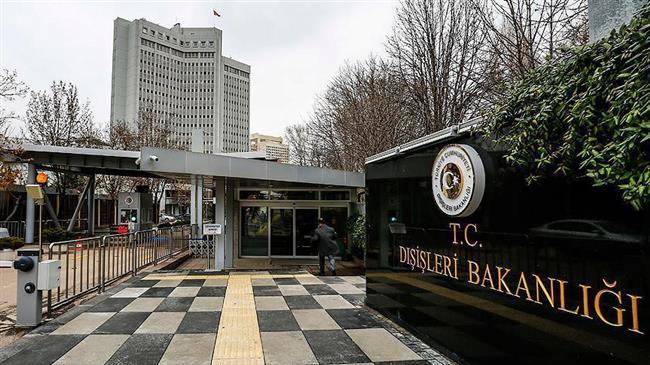
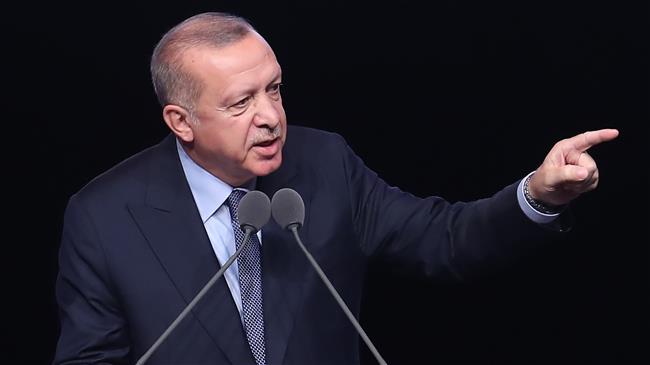
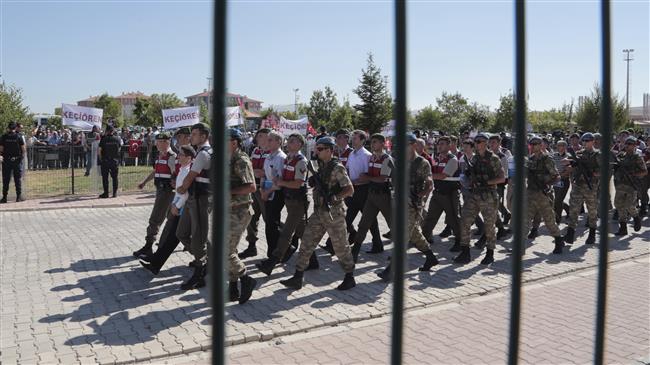
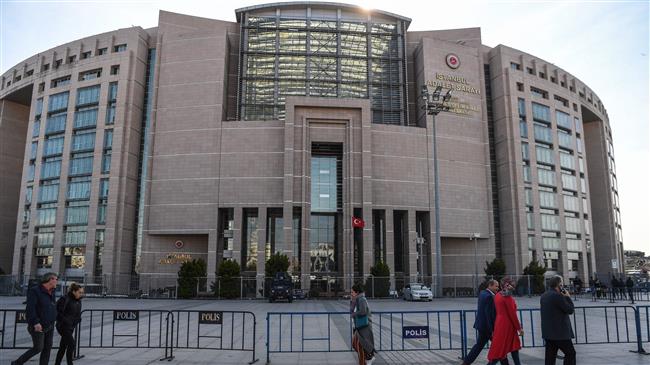


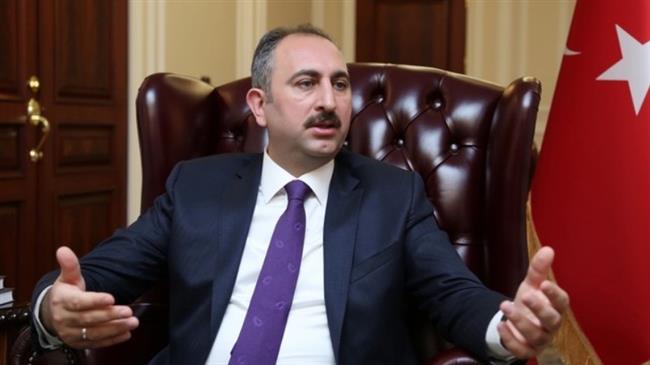

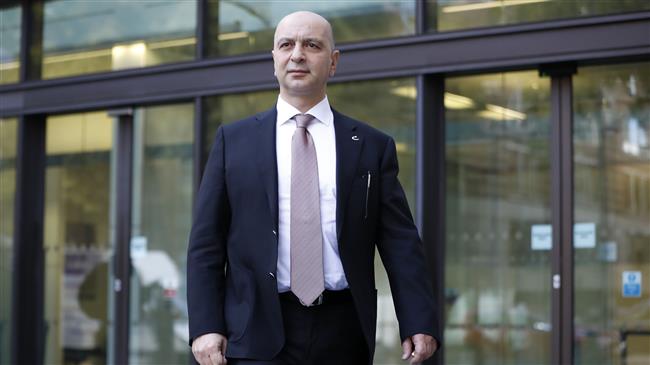

 This makes it easy to access the Press TV website
This makes it easy to access the Press TV website